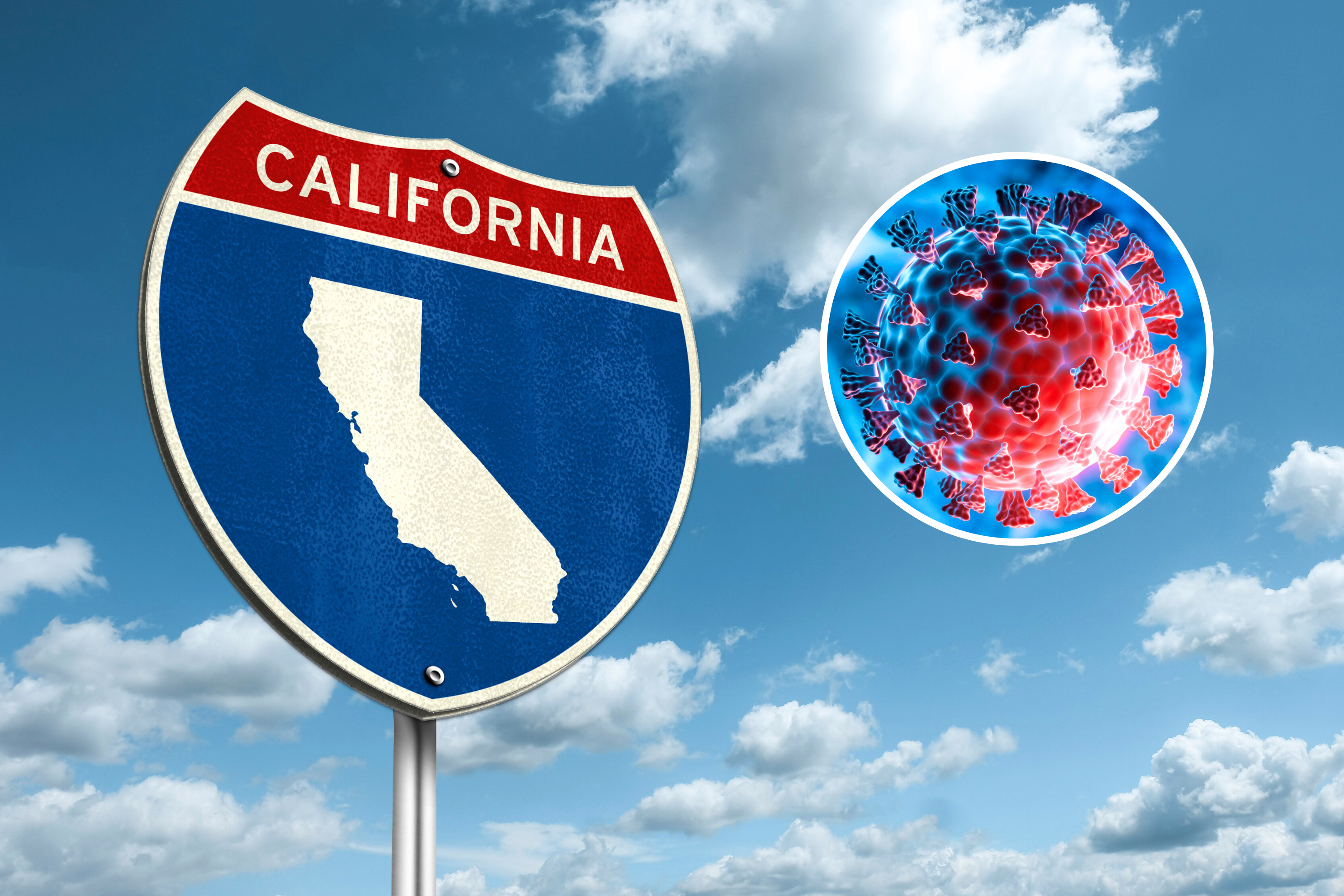California, like many states, is grappling with a new surge of COVID-19 cases attributed to a dominant variant. The latest data from the CDC indicates that California ranks among 20 states reporting “very high” levels of COVID-19 in wastewater. Since June, the state’s positive test rate has jumped from 4.1% to 13%, and it doesn’t seem to be slowing down.
Joëlla W. Adams, an epidemiologist from the Center for Applied Public Health Research, commented in Newsweek that “the current surge is ongoing,” according to new surveillance data from the California Department of Public Health.
Interestingly, even though the total number of tests has decreased recently—dropping from about 22,573 on July 22 to 8,982 on July 29—the positivity rate is climbing, suggesting a continuing risk of transmission. Adams emphasized that the rising positivity rate signals a greater likelihood of COVID-19 among those with respiratory symptoms.
Regarding infection rates across the country, the region that includes Arkansas, Louisiana, New Mexico, Oklahoma, and Texas is currently hit the hardest, with around 25% of tests yielding positive results. Meanwhile, the Southeastern U.S. (Alabama, Florida, Georgia, etc.) experienced a dramatic increase, with positivity rates more than doubling in just a week—from 7.2% to 17.5%.
Elizabeth Hudson, infectious disease chief at Kaiser Permanente Southern California, described the ongoing situation as “fairly robust and long-lasting.” This sustained surge has been linked to a new variant, KP.3.1.1, which accounts for about a quarter of COVID-19 cases nationwide.
This new variant, part of the FLiRT subvariant group, appears to be more contagious and potentially better at evading immunity from previous infections and vaccinations. Eric Topol from Scripps Research expressed concerns on X (formerly Twitter), labeling KP.3.1.1 a greater challenge to our immune responses than earlier strains.
Despite the uptick in KP.3.1.1 cases, hospitals have not seen a significant rise in severe cases or hospitalizations. Nonetheless, if you start feeling unwell, it’s crucial to isolate yourself to prevent spreading the virus.

gguy44/peterschreiber.media/Getty
